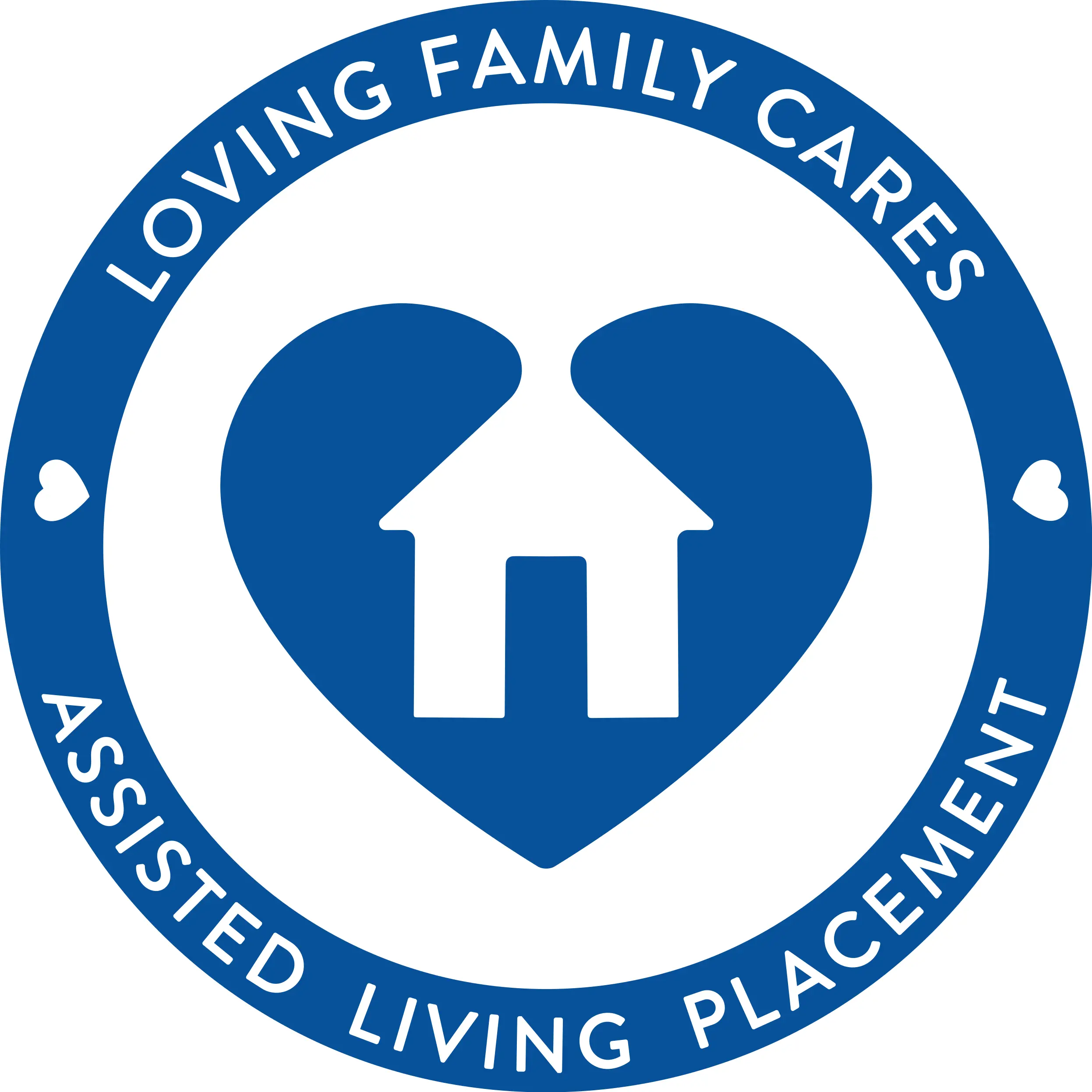May is Mental Health Awareness Month: Focusing on Mental Health in Seniors
As the global population ages, the number of older adults facing mental health challenges is on the rise. According to the World Health Organization, the population of individuals aged 60 and over is expected to double between 2015 and 2050. With 15% of this demographic struggling with some form of mental health disorder and neurological and mental issues accounting for over 6% of disability in this age group, we are facing a potential crisis. This May, Mental Health Awareness Month provides an opportunity to understand seniors’ mental health challenges and explore ways to manage them effectively.
How Does the Brain Change as We Age?
The brain undergoes significant changes throughout our lives, which continue as we age. Here are some key changes:
- The brain begins to shrink in your thirties and forties.
- Specific areas, such as the frontal lobe and hippocampus, shrink more than others.
- Shrinking of the frontal lobe and hippocampus can lead to changes in behavior and memory.
- Thinning of the brain’s outer surface reduces neural connections, slowing cognitive processes.
- Changes in neurotransmitter production impact cognitive and emotional function.
While these changes are natural and often pose no significant issues, they can sometimes lead to serious mental health disorders.
Common Mental Health Conditions in Older Adults
Several mental health issues commonly affect seniors, including:
- Memory Issues: It’s common for seniors to experience memory lapses, such as misplacing items or forgetting dates. While some forgetfulness is normal, it’s important to monitor for more serious signs that may indicate conditions like dementia.
- Dementia and Alzheimer’s Disease: These are severe forms of cognitive impairment that significantly impact daily functioning and quality of life. Early signs include difficulty with routine tasks, confusion about time or place, and personality changes.
- Parkinson’s Disease: This neurological disorder affects movement and can also lead to cognitive and emotional changes.
- Depression and Bipolar Disorder: Mental health conditions like depression and bipolar disorder can affect seniors, often exacerbated by isolation, loss, or medical conditions.
Promoting Mental Health in Seniors
While stopping the natural aging process is impossible, adopting healthy lifestyles can minimize its impact. Key strategies include:
- Healthy Diet: Consuming a balanced diet rich in nutrients supports brain health.
- Regular Exercise: Physical activity helps maintain cognitive function and emotional well-being.
- Mental Stimulation: Engaging in activities like reading, puzzles, or social interactions keeps the brain active.
- Adequate Sleep: Ensuring sufficient rest is crucial for cognitive health.
- Social Engagement: Maintaining social connections can significantly improve mental health and reduce feelings of isolation.
Recognizing and Addressing Memory Issues
It is important to understand when memory issues are a normal part of aging and when they signal a more serious problem. Suppose you or a loved one experiences signs such as repeatedly asking the same questions, getting lost in familiar places, or having difficulty recognizing familiar faces. In that case, it’s important to consult a healthcare provider. These could be signs of dementia or other cognitive impairments that require medical attention.
Mild Cognitive Impairment (MCI)
MCI is a condition where individuals experience greater memory issues than typical for their age but can still function independently. Monitoring and managing MCI is essential as it can be an early sign of dementia.
Memory and Medical Conditions
Memory problems can also result from medical conditions like brain infections, blood clots, or organ disorders. If memory issues appear suddenly, seek medical advice promptly to rule out serious conditions like concussions or adverse effects from new medications.
This Mental Health Awareness Month, it’s vital to prioritize seniors’ mental health. Understanding the changes in the aging brain and recognizing signs of mental health issues can help in managing these challenges effectively. Encourage healthy lifestyles and seek professional help to ensure a higher quality of life for older adults. Together, we can address the mental health crisis among seniors and support their well-being. If you have a loved one struggling with mental health issues, speak to Loving Family Care about possible home care or senior living facility placement in New Jersey.




